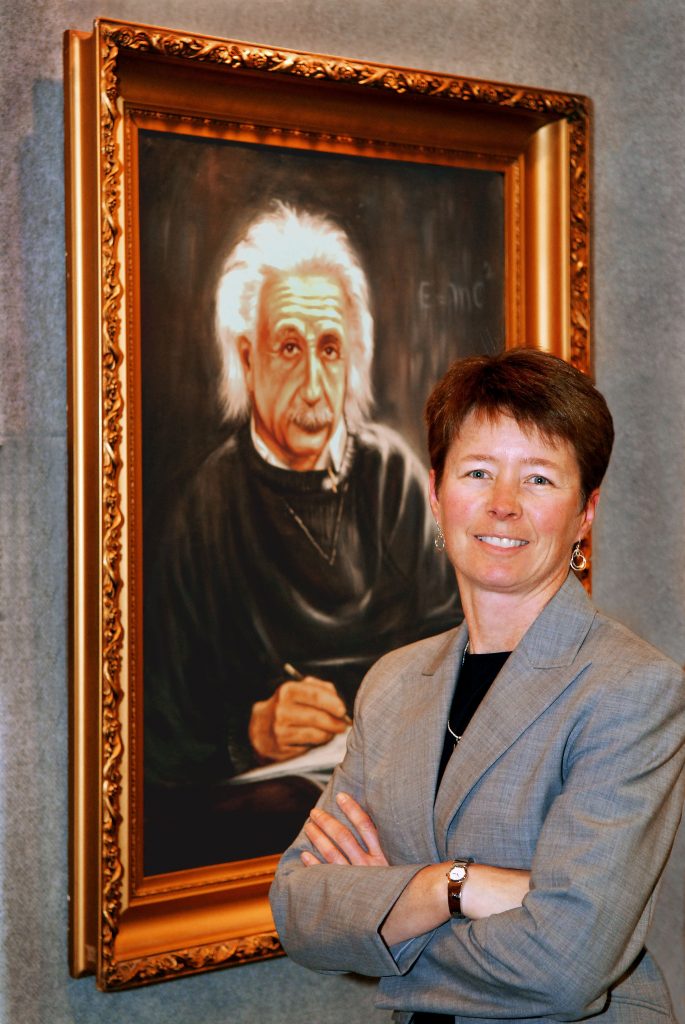ALBUQUERQUE, N.M. — The Cold War may be over but nuclear weapon programs continue.
Ethics of nuclear weapons — Linda J. Branstetter, of Sandia National Laboratories’ Advanced Concepts Group, will give a talk on Nuclear Weapons, Ethics, and National Imperatives at the upcoming American Association for the Advancement of Science (AAAS) Annual Meeting in San Francisco.
What ethical issues should be considered in deciding whether to maintain and pursue nuclear weapons programs, and are these a threat to the nonproliferation regime?
A talk on “Nuclear Weapons, Ethics, and National Imperatives” will be presented by Linda J. Branstetter, member of Sandia National Laboratories’ Advanced Concepts Group, at the upcoming American Association for the Advancement of Science (AAAS) Annual Meeting in San Francisco. The talk is scheduled Friday, Feb. 16, 3:30-5 p.m. at the Hilton San Francisco, Ballroom Level, Continental Ballroom 8.
Branstetter will share her personal belief that in the 21st century national security environment solutions must consider all elements of the complex, adaptive challenges that the U.S. faces — and that U.S. policy and the pursuits of the nation’s scientific community must account not only for the nation’s own national interests, but also must consider the interests of all mankind.
She asserts that only by doing this can the U.S. achieve the influence, “soft power,” and moral leadership needed to engage other countries in pursuing multilateral efforts essential to tackle pressing global problems.
She proposes three imperatives for the U.S. regarding nuclear weapons — imperatives that underpinned her own choices in supporting the defense scientific community and the national nuclear deterrent capability: that in lieu of dramatic and unforeseen changes in the international security situation, the U.S. needs to maintain a nuclear deterrent capability and infrastructure that supports it; that the U.S. needs to ethically pursue its national security objectives; and, that the U.S. needs to work harder and urgently to reduce nuclear threats overall.
Sandia is a National Nuclear Security Administration (NNSA) laboratory.
Branstetter has held a variety of positions at Sandia since the fall of 1980. She is currently considering broad issues related to the U.S. national and international security environment. She has performed and managed independent systems analyses of wide-ranging technical and strategic projects impacting Sandia and the NNSA — many of which directly concerned pending decisions affecting the nuclear weapons stockpile and transformation of the nuclear weapons Complex.
Last winter, Branstetter completed a five-month rotation supporting John R. Harvey in NNSA’s Office of Policy and Planning in Washington, D.C.
Her work has influenced the national debate and decisions around the need for renewed production of tritium for the U.S. nuclear arsenal, as well as for the need for a revitalized plutonium parts manufacturing infrastructure.


